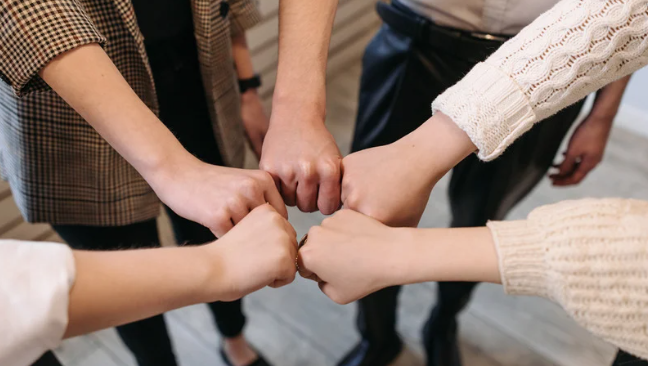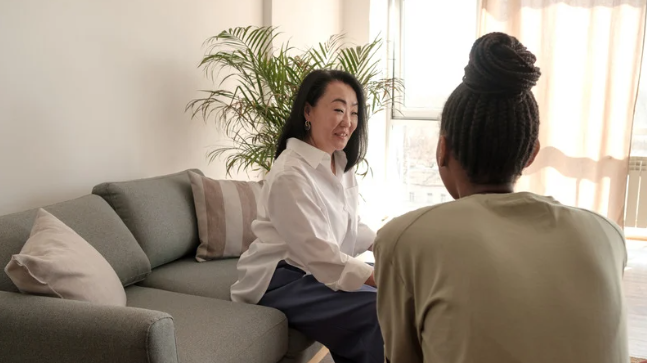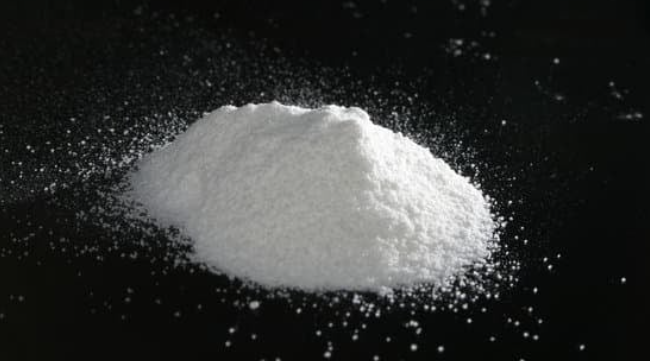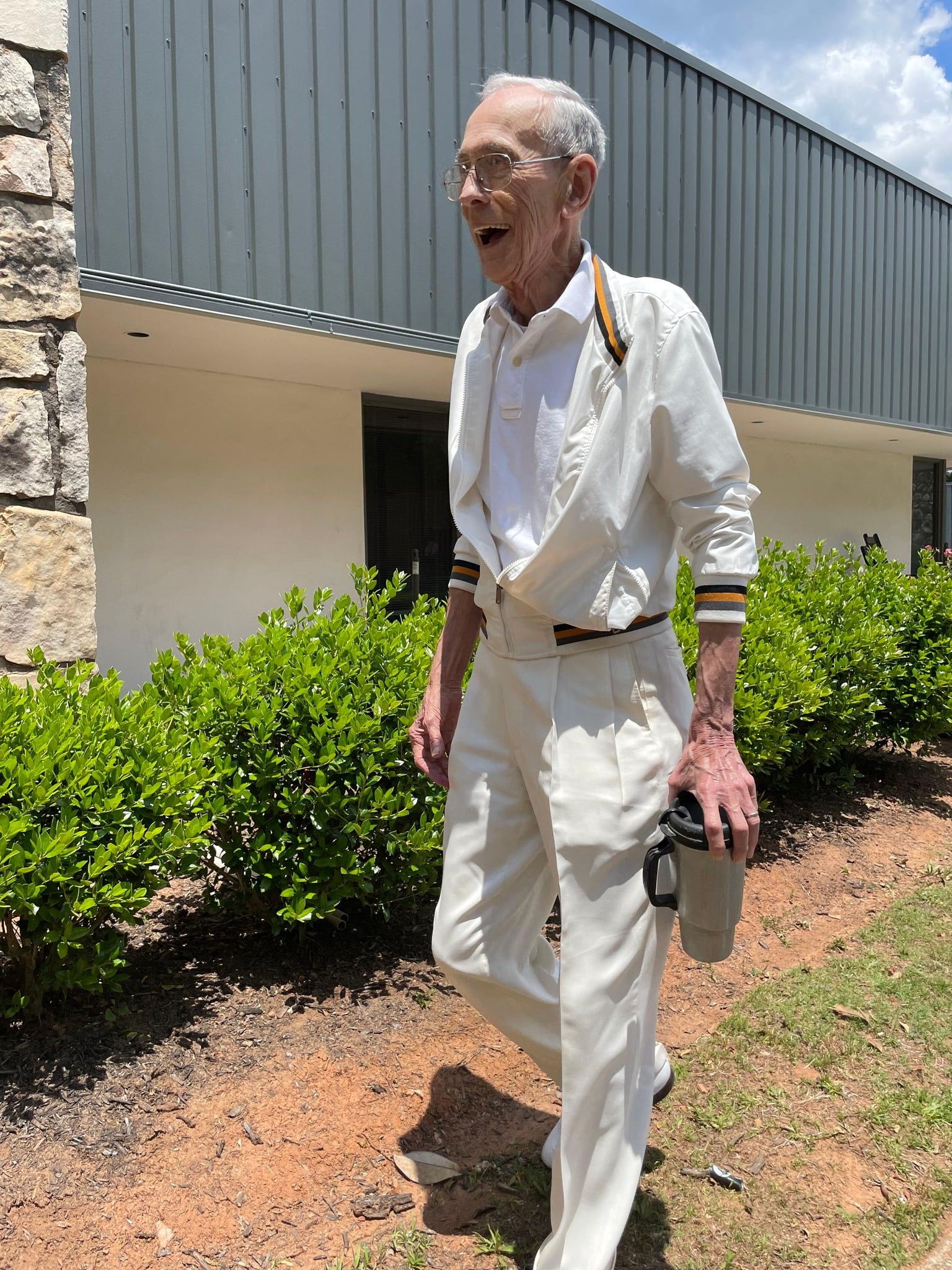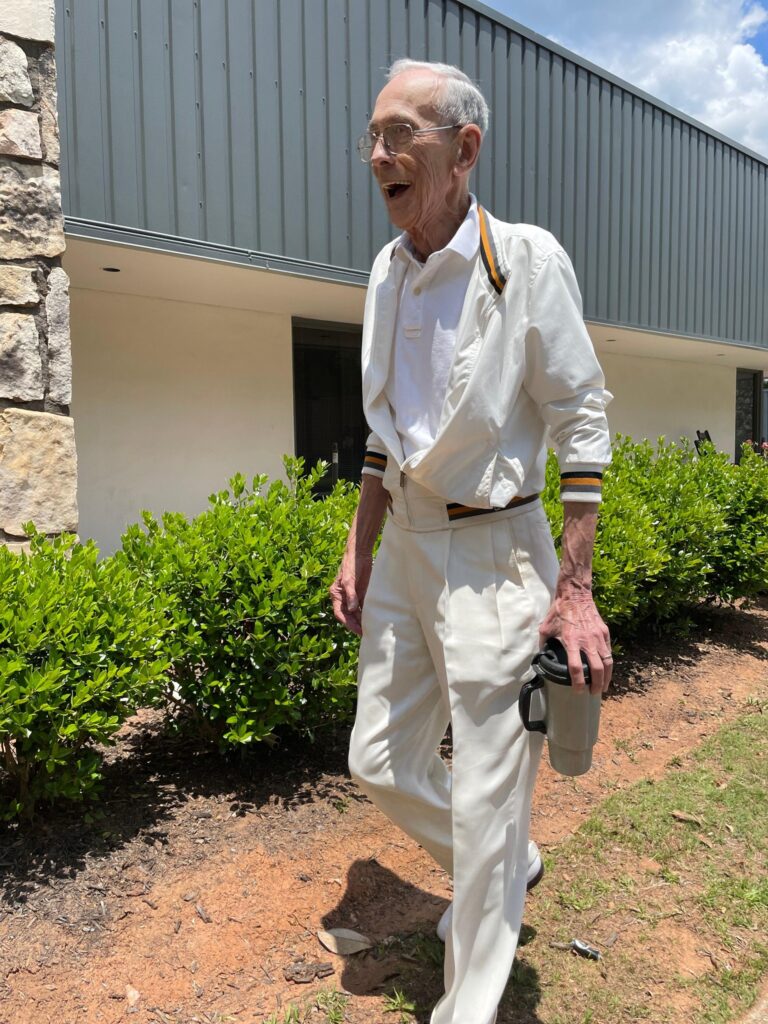Oxycodone & Anxiety: Can Oxycodone Cause Anxiety?
Many people wonder if oxycodone helps with anxiety or makes it worse.
While oxycodone may temporarily reduce anxiety through pain relief and sedation, chronic use increases anxiety over time due to tolerance, dependence, and withdrawal effects.
This article examines the complex relationship between oxycodone and anxiety, helping you understand when this medication might provide short-term relief versus when it becomes part of the problem.
Does Oxycodone Help With Anxiety Short-Term?
Oxycodone can provide temporary anxiety relief in specific situations, but this effect is indirect rather than therapeutic. When treating severe pain, oxycodone reduces the anxiety that often accompanies intense physical discomfort. The medication works by activating mu-opioid receptors, which suppresses the locus coeruleus noradrenergic neurons responsible for arousal and hypervigilance.
This neurological suppression can create a sense of calm, especially when pain levels drop significantly. However, this anxiolytic effect stems from pain relief and sedation, not from any direct anti-anxiety properties. Some patients also experience euphoria or drowsiness that temporarily masks anxious feelings.
The calming effects typically occur during:
- Acute pain episodes requiring immediate relief
- Post-surgical recovery periods
- Severe injury management
- Cancer-related pain treatment
Even in these scenarios, individual responses vary widely. Some patients experience dysphoria or paradoxical agitation instead of relief.
Can Oxycodone Cause Anxiety Over Time?
Long-term oxycodone use creates multiple pathways that increase anxiety. The 2020 AHRQ review found that chronic opioid therapy often worsens mental health outcomes rather than improving them.
Tolerance and Dependence
As your body adapts to regular oxycodone use, several concerning changes occur:
- Tolerance development: You need higher doses to achieve the same pain relief
- Physical dependence: Your nervous system relies on the drug to function normally
- Inter-dose withdrawal: Anxiety emerges as blood levels drop between doses
Neurological Changes
Chronic oxycodone exposure triggers significant brain adaptations. The initial suppression of noradrenergic activity reverses over time, leading to noradrenergic rebound when drug levels decline. This rebound manifests as:
- Racing heart and sweating
- Restlessness and irritability
- Heightened anxiety and panic
- Sleep disturbances
Additionally, chronic use activates the dynorphin/kappa-opioid system, which promotes dysphoria and anxiety-like states. This “anti-reward” system reinforces drug-seeking behavior while amplifying negative emotions.
Oxycodone Withdrawal and Anxiety
Anxiety ranks among the most prominent symptoms of opioid withdrawal. Clinical summaries consistently list anxiety, restlessness, and insomnia as hallmark withdrawal features that typically begin within hours of the last dose.

The withdrawal process involves:
| Timeframe | Symptoms | Underlying Mechanism |
| 4-12 hours | Early anxiety, restlessness | Declining opioid blood levels |
| 24-48 hours | Peak anxiety, panic attacks | Noradrenergic hyperactivity |
| 3-7 days | Persistent worry, sleep issues | Stress circuit dysregulation |
| Weeks-months | Lingering anxiety episodes | Slow neuroadaptation recovery |
Many patients experience “inter-dose withdrawal” even while taking prescribed oxycodone. This occurs when anxiety and restlessness develop before the next scheduled dose, creating a cycle where patients need the medication not for pain relief but to prevent withdrawal symptoms.
Who is Most at Risk for Oxycodone-Related Anxiety?
Several factors increase the likelihood that oxycodone will worsen rather than improve anxiety:
Pre-existing Mental Health Conditions
Patients with baseline anxiety disorders face elevated risks when using opioids. The combination creates a dangerous cycle where anxiety drives increased opioid use, while opioid use worsens anxiety over time.
Duration and Dosage
Risk increases dramatically with:
- Higher daily doses: CDC data shows exponential overdose risk above 50 morphine milligram equivalents per day
- Extended use periods: Months or years of therapy versus days or weeks
- Extended-release formulations: These create more pronounced withdrawal between doses
Concurrent Medications
Certain drug combinations amplify anxiety risks:
- Benzodiazepines: While prescribed for anxiety, combining with opioids increases overdose risk and complicates withdrawal
- Antidepressants: Create their own withdrawal syndromes that can overlap with opioid withdrawal
- Sleep medications: Add to central nervous system depression and withdrawal complexity
Age and Health Status
Older adults show particular vulnerability to oxycodone’s mental health effects, including increased rates of delirium, confusion, and opioid-induced androgen deficiency that can worsen mood symptoms.
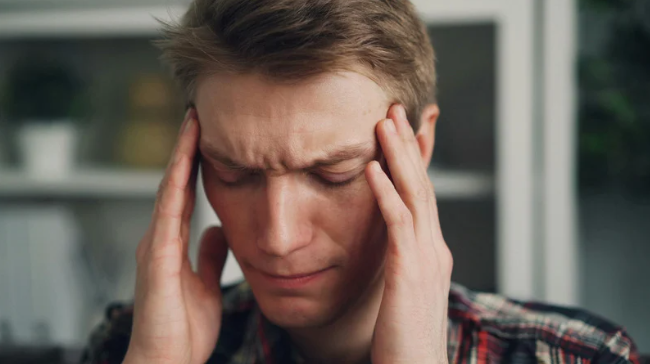
Safer Alternatives for Anxiety Management
Rather than relying on oxycodone for anxiety relief, evidence-based treatments offer better long-term outcomes:
- Cognitive-behavioral therapy: Addresses anxiety thought patterns and behaviors
- SSRI/SNRI antidepressants: Provide dual benefits for anxiety and chronic pain
- Mindfulness and relaxation techniques: Build coping skills without medication risks
- Physical therapy and exercise: Address pain sources while improving mood
For patients already using oxycodone, gradual tapering with professional support minimizes withdrawal anxiety while transitioning to safer treatments.
Why Does This Matter for Your Health?
Understanding oxycodone’s relationship with anxiety helps you make informed decisions about pain management and mental health care. While short-term use might provide temporary relief when treating severe pain, the medication’s tendency to worsen anxiety over time makes it unsuitable as an anxiety treatment.
The 2022 CDC guidelines emphasize avoiding long-term opioid therapy for most chronic pain conditions, particularly in patients with mental health concerns. Instead, comprehensive pain management combining non-opioid medications, therapy, and lifestyle modifications typically produces better outcomes with fewer risks.
If you’re struggling with anxiety related to opioid use or withdrawal, professional support can help you safely transition to more effective treatments. Don’t let temporary relief today create bigger problems tomorrow.
Getting help for anxiety and substance concerns requires specialized care that addresses both issues simultaneously. Consider reaching out to addiction counseling professionals who understand the complex relationship between opioids and mental health.

